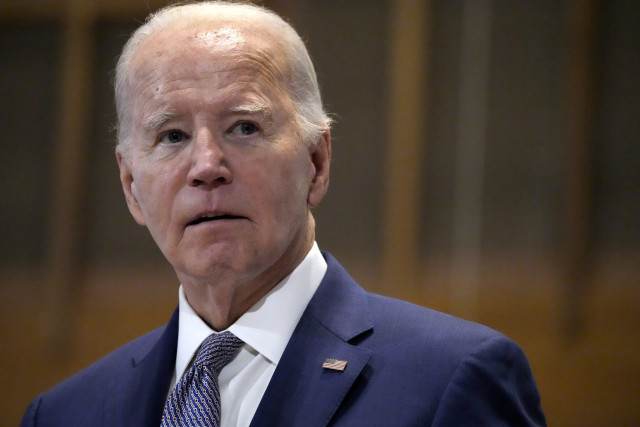Italy Officially Ends Partnership in China's Belt and Road Initiative
- Posted on December 7, 2023
- International Affairs
- By Arijit Dutta
- 407 Views
Italy formally exits China's Belt and Road Initiative, signaling a departure from the ambitious project. Despite plans expiring in 2024, Italy has notified China of its withdrawal, emphasizing the desire to maintain strong ties despite departing from the BRI. Criticism of the initiative's debt repercussions persists.
 Image Source -www.bnn.network
Image Source -www.bnn.network
Italy's
official departure from China's Belt and Road Initiative (BRI) marks the
conclusion of uncertainties that lingered for months. Recently, Italy
communicated its decision to China, severing ties with the ambitious project.
In 2019, Italy, as the inaugural major Western participant, defied US
apprehensions about potential Chinese dominance over crucial infrastructure and
technologies.
Prime
Minister Giorgia Meloni's accession last year underscored the intention to
disengage from the BRI, citing negligible benefits to Italy from the initiative
modeled after the historic Silk Road connecting China and the West.
The
2019 agreement's impending expiry in March 2024 mandated a three-month written
notice for withdrawal, as per the sources. Confirming the decision, a
government official revealed that Italy transmitted the letter to Beijing
recently, signaling the non-renewal of the pact.
While withdrawing from the BRI, Italy expressed the resolve to sustain favorable relations with China. A second government source highlighted that despite their absence from the BRI, other G7 nations maintain closer ties with China, with Italy assuming the G7 presidency in 2024.
Also Read: Jos Buttler's Milestone Moment: England's Remarkable Comeback Vs West Indies
China's
BRI, resembling the World Bank in financing global development, has extended
its reach across continents, constructing various infrastructures like power
plants, roads, and ports. However, concerns have surfaced regarding substantial
debts incurred by poorer nations, potentially leading to Chinese asset
acquisition.
Criticism
from the US and India centers on China's alleged "debt trap"
diplomacy, accused of deliberately offering loans likely to result in defaults,
enabling control over assets. Notably, instances like Sri Lanka leasing a port
to a Chinese firm for 99 years have fueled skepticism among economists about
China's lending practices.




